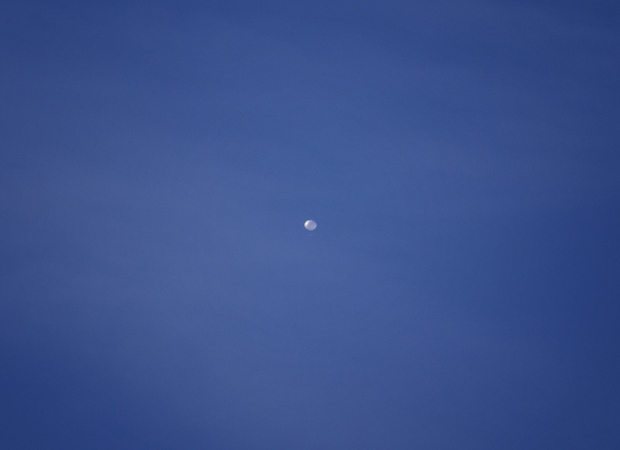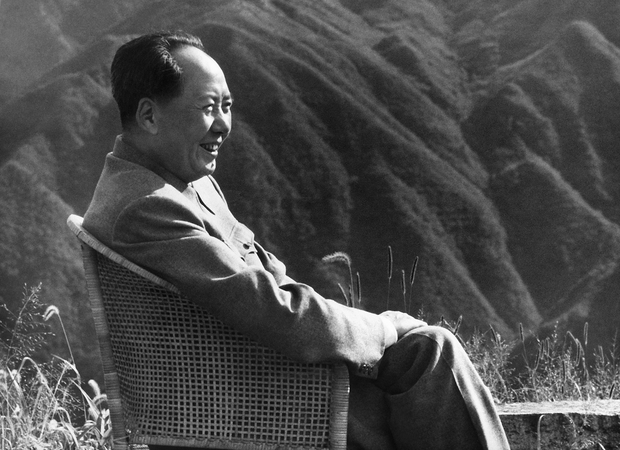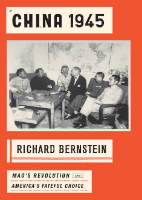
Fateful Triangle
Madan argues that China’s influence on the U.S.-India relationship is neither a recent nor a momentary phenomenon. Drawing on documents from India and the United States, she shows that American and Indian perceptions of and policy toward China significantly shaped U.S.-India relations in three crucial decades, from 1949 to 1979. Fateful Triangle updates our understanding of the diplomatic history of U.S.-India relations, highlighting China’s central role in it; reassesses the origins and practice of Indian foreign policy and nonalignment; and provides historical context for the interactions between the three countries.

‘We’re Very Sexy People’: How the U.S. Miscalculated Its Allure to China
The Sino-Vietnamese War is rarely remembered or discussed today. But 40 years ago, the war appeared to herald a tectonic shift in regional and global politics and helped forge a close, more trusting relationship between the leader of the free...
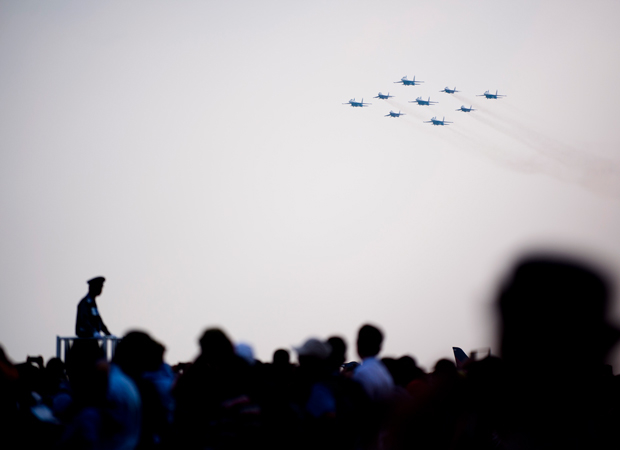
Is this the Beginning of a New Cold War?
Beyond complicating trade negotiations between the United States and China, the arrest of Huawei CFO Meng Wanzhou has renewed concerns that the two countries are embarking on a new Cold War, based on economic preeminence and technological...
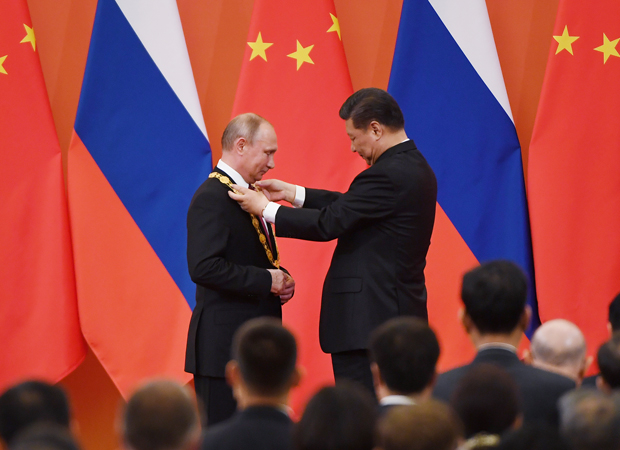
Is the U.S. Driving China and Russia Together?
from Carnegie ChinaAs U.S. relations with China and Russia deteriorate under the Trump administration, bilateral relations between Moscow and Beijing grow stronger. A “Cold War” between the U.S. and China has not yet begun, Trenin and Gabuev agree, but the two...
Trump Alarms China with ‘Cold War’ Rhetoric in State of Union Address
China raised alarms Wednesday over what it called President Trump’s “outdated Cold War mentality” after an address that described Beijing as a global rival and set an increasing tough line against China’s economic and military reach.
Why China’s New Cargo Space Ship Is So Important
China’s first indigenously built Tianzhou cargo ship, which is being launched between April 20 and 24, is a major accomplishment.

John Birch
John Birch was better known in death than life. Shot and killed by Communists in China in 1945, he posthumously became the namesake for a right-wing organization whose influence is still visible in today’s Tea Party. This is the remarkable story of who he actually was: an American missionary-turned-soldier who wanted to save China, but instead became a victim. Terry Lautz, a longtime scholar of U.S.-China relations, has investigated archives, spoken with three of Birch’s brothers, found letters written to the women he loved, and visited sites in China where he lived and died.

The Diplomacy of Migration
During the Cold War, both Chinese and American officials employed a wide range of migration policies and practices to pursue legitimacy, security, and prestige. They focused on allowing or restricting immigration, assigning refugee status, facilitating student exchanges, and enforcing deportations.
Top China Paper Says U.S., Russia Playing Cold War Game in Syria
The United States and Russia seemed to be using Syria as a proxy for diplomatic and military competition, as during the Cold War.
As Russia Remembers War in Europe, Guest of Honor Is From China
China’s leader, Xi Jinping, is an imperfect symbol of the wartime past and an uncertain one for Russia’s future.
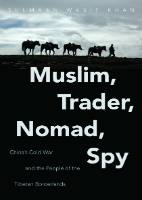
Muslim, Trader, Nomad, Spy
In 1959, the Dalai Lama fled Lhasa, leaving the People's Republic of China with a crisis on its Tibetan frontier. Sulmaan Wasif Khan tells the story of the PRC's response to that crisis and, in doing so, brings to life an extraordinary cast of characters: Chinese diplomats appalled by sky burials, Guomindang spies working with Tibetans in Nepal, traders carrying salt across the Himalayas, and Tibetan Muslims rioting in Lhasa.
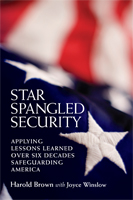
Star Spangled Security
Former U.S. Secretary of Defense Harold Brown served during the hottest part of the Cold War when the Soviet Union presented an existential threat to America. In Star Spangled Security, Dr. Brown, one of the most respected wise men of American foreign policy, gives an insider’s view of U.S. national security strategy during the Carter administration, relates lessons learned, and bridges them to current challenges facing America.
Opinion: Triumverate Puts China in Crosshairs, but Future Joint Accord Unlikely
A Cold War mentality pitting the U.S., India and Japan against China will lead nowhere because of reluctance to overly provoke Beijing, a Chinese Japan scholar says.




